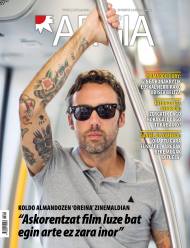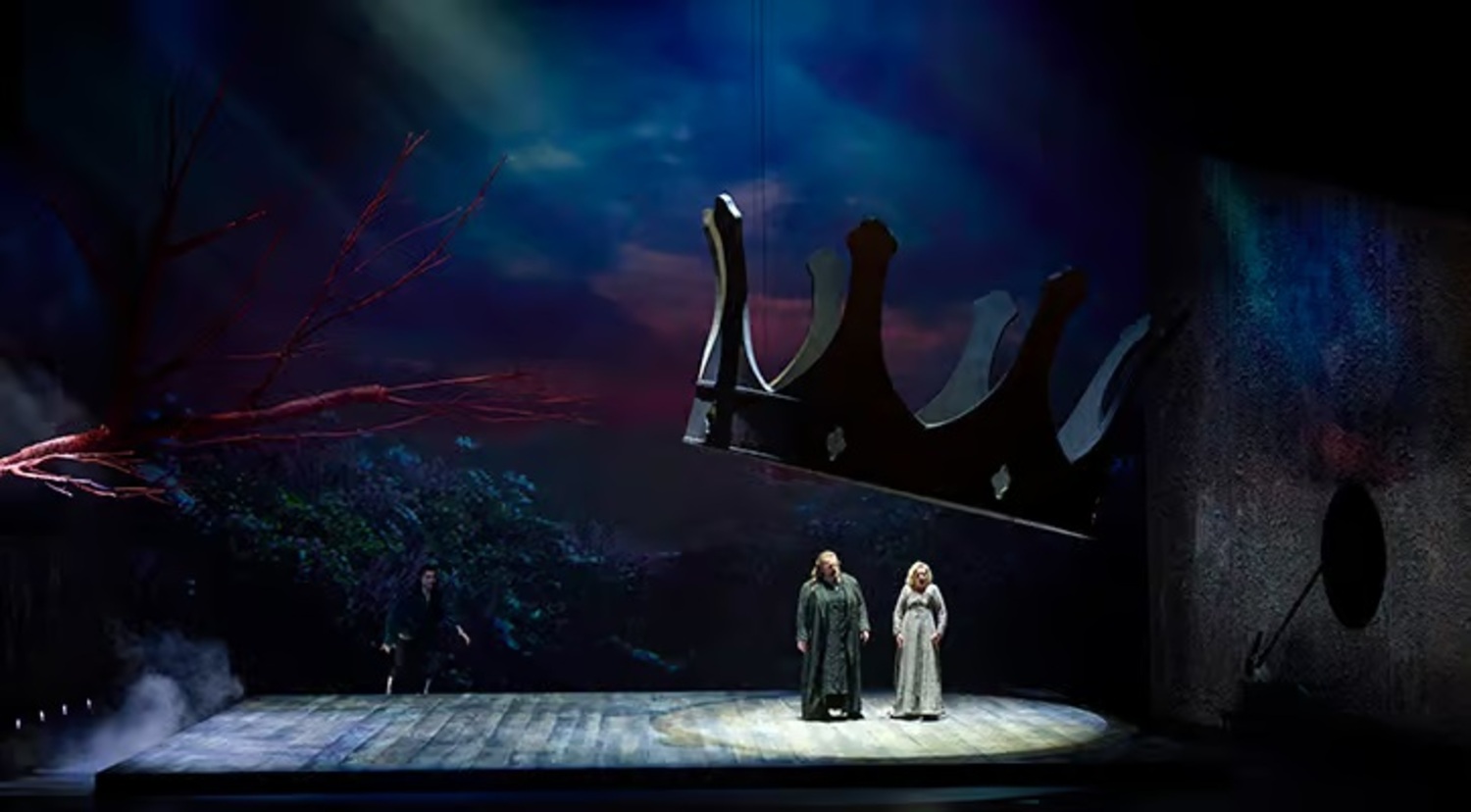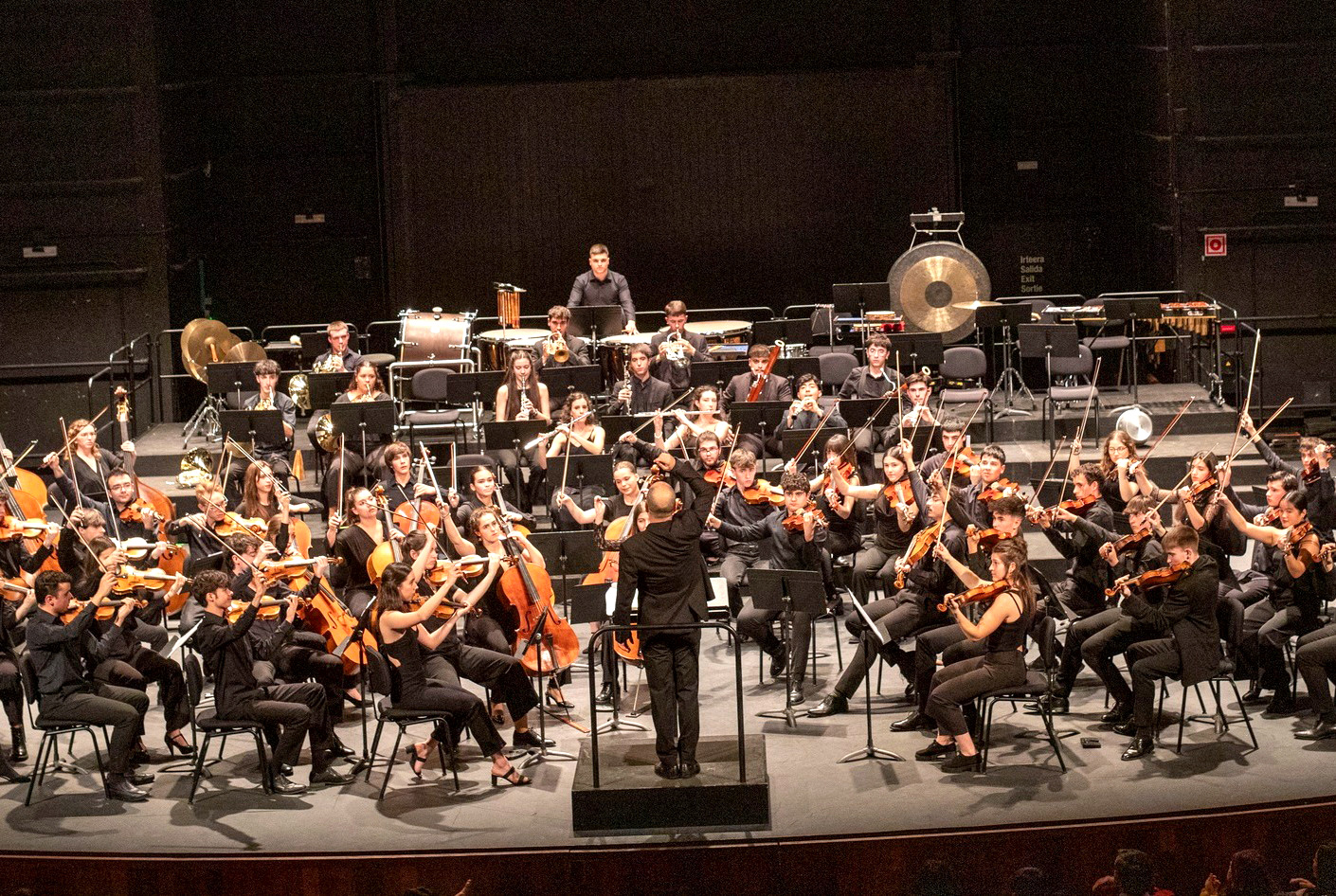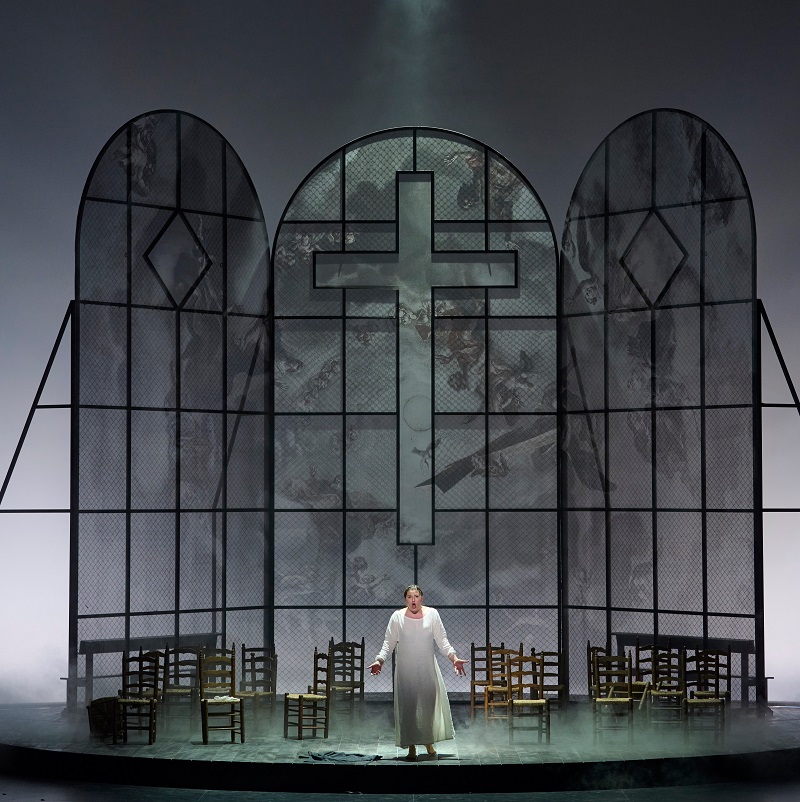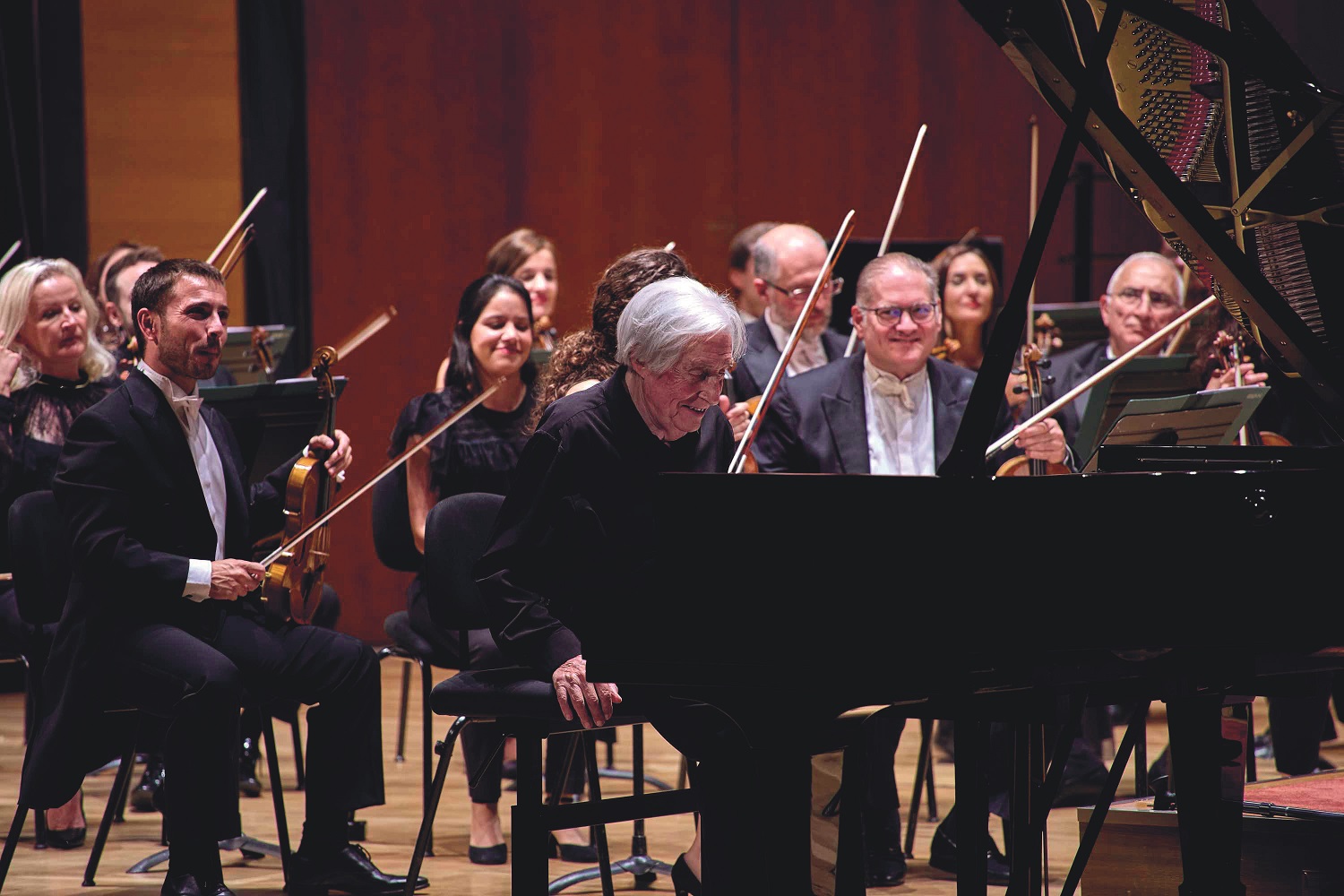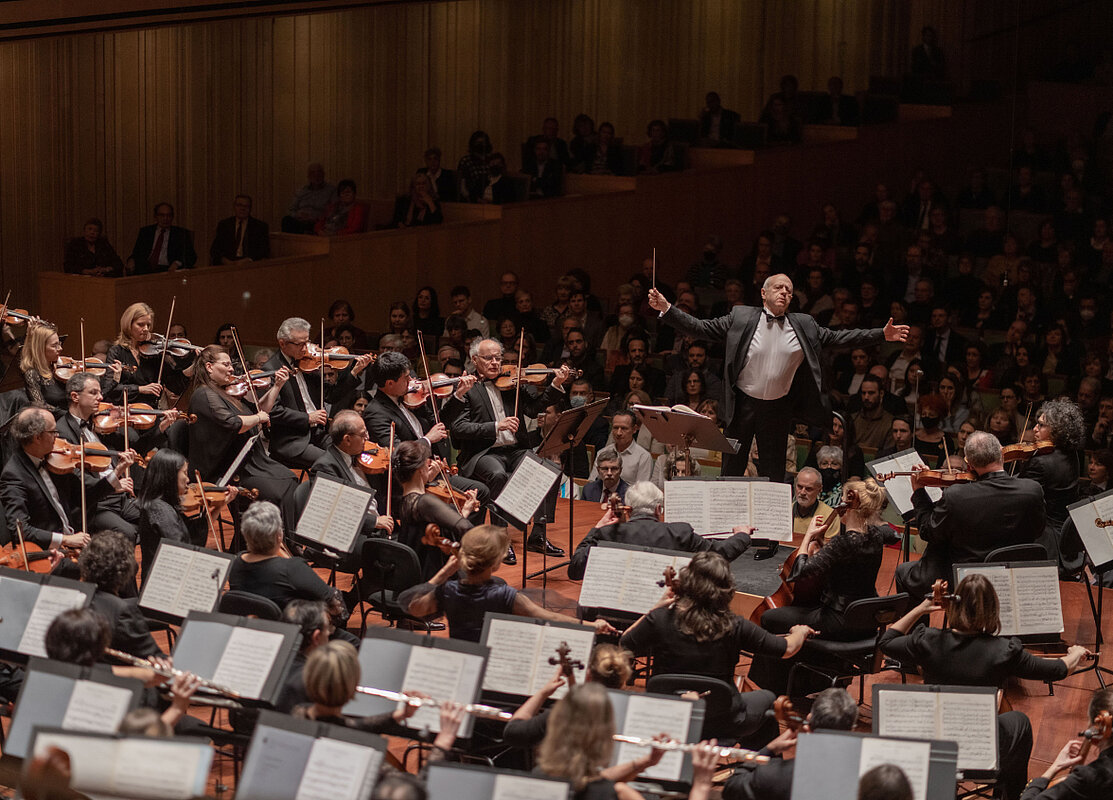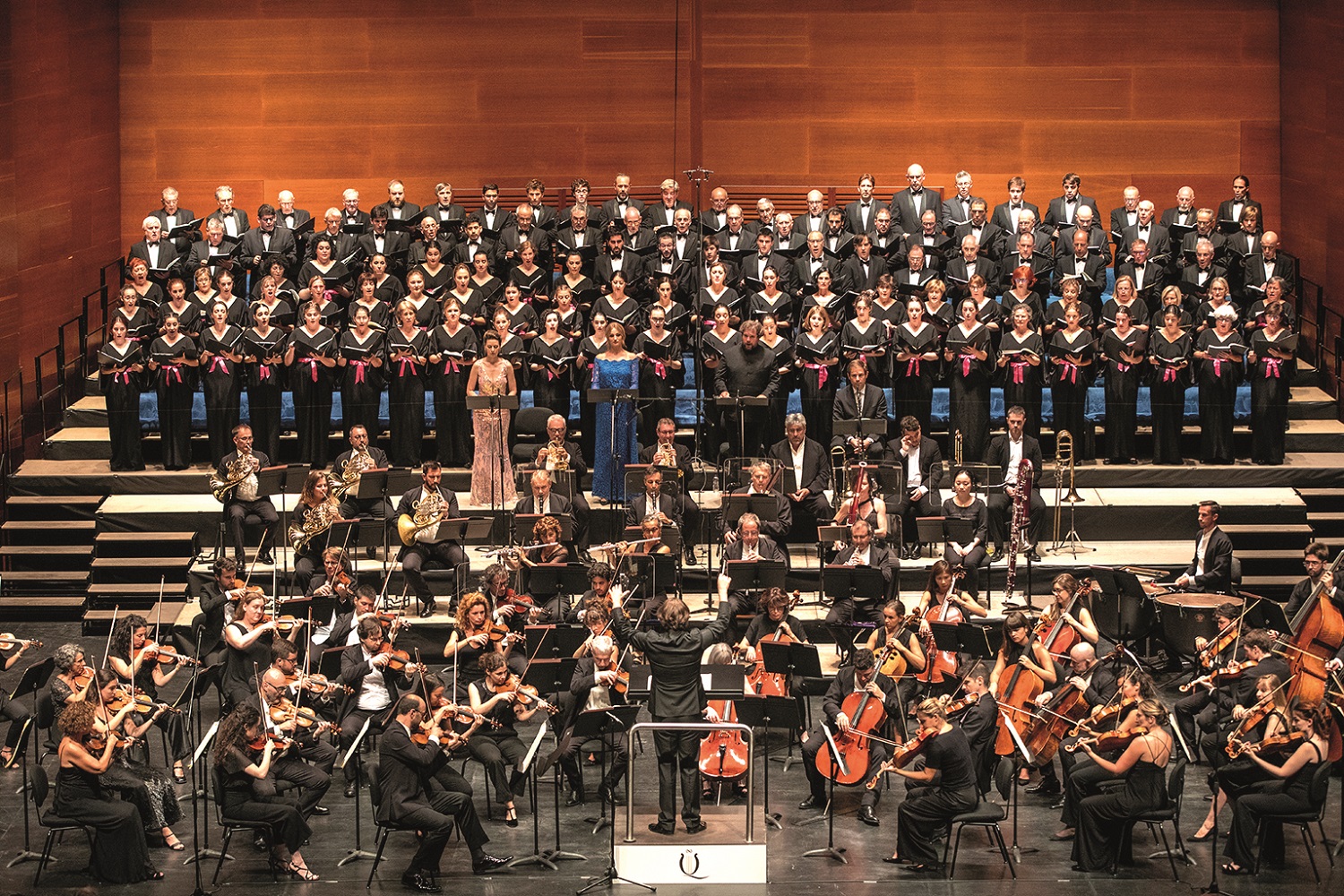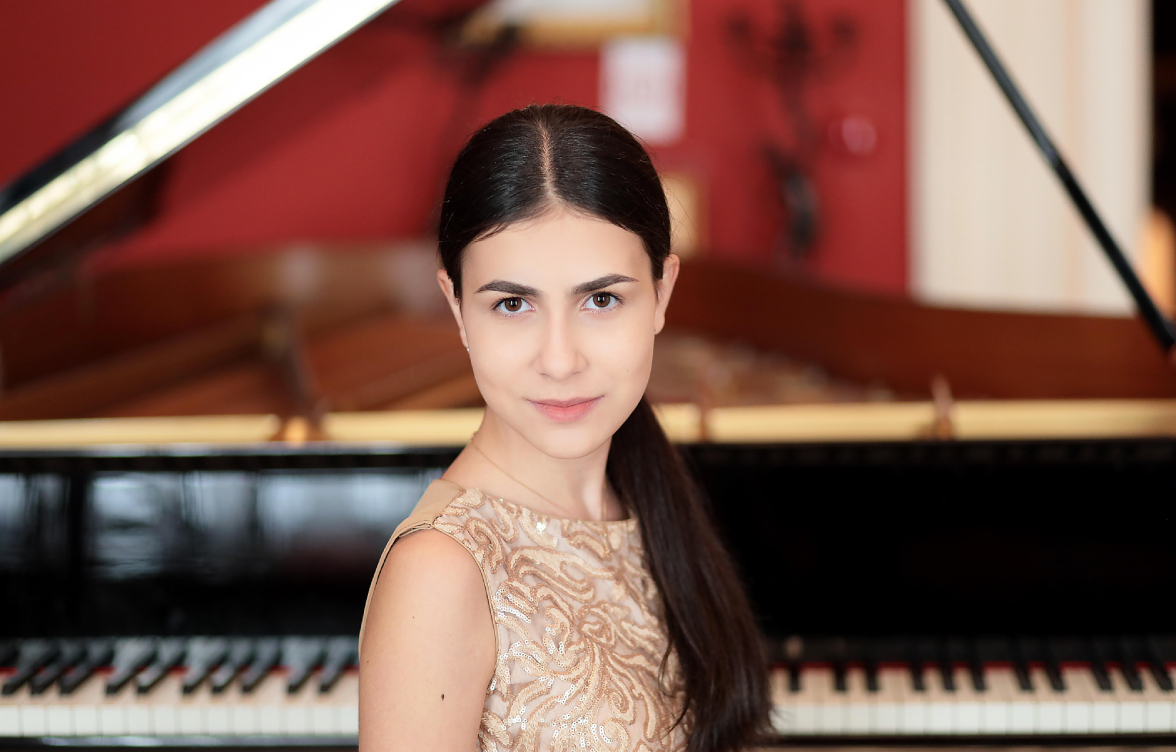"A bridge is created between the self-proclaimed Great Music and popular music"
- Now and then we tend to see Mixel Etxekopar. Countless and polychromes with his musical comrades but on specific trails. The Xülüla and the Ttun-ttunista of Gotain, creator and free experimenter, are immersed in the project The 4 stations created in Iparralde. It will be the first time this jewel has been delivered in Hegoalde, on 23 September in the church of Larraul.

The 4 stations began to germinate in 2015, and will finally move to Hegoalde in 2018.
Everyone makes their way, but there are bridges and it is to be welcomed. We built the same thing when there are no bridges. For this we have created spaces such as the Xiru festival in Gotaine, the Hebentik association in Maule. They're fragile bridges, but they're bridges. In 2019 we will have the 30th edition of Xiru.
It will be the first time that show 4 Sasuak is held at the “check-pointez-harainpercibirán – Hegoalde”. And this is thanks to a popular initiative, in the megápolis where the Arriaga-Victoria Eugenia (which is not) Theatre of Larraul is located! Thanks to its “artifacts”. If that is not the case – and we have incredible work to do – some of us are more French and others more Spanish, whether or not I wanted it.
In general, we see classical music as rigid and atada.En the Baroque
era, these kinds of encounters were not so rare. Orality also had room, as well as improvisations. Bach was a great improviser, and that's what led him to create his own music. There is a musical multilingualism at stake, if any!
The 4 stations of Vivaldi premiered in 1725. The red priest wrote four sonnets, one for each concert. The listeners released these sonnets in their hands.
He wrote a sonnet for each station and what appears in them is somehow represented in the music. Composer Edgar Varese said that music is a film for the ears, and in this case music speaks much better than words, I think! In Zuberoa before there was a wine called “Ella mintzo”, and Vivaldi’s music is like that, I think. These sonnets have been printed in the book of the album that we have recorded, translated directly from Italian to Basque, from the hand of Mr Orpustan de Baja Navarra.
.jpg)
How did the idea of converting the 4 stations into 4 stations emerge?
Marina Beheretxe has been the starting point and the bridge. He had the intuition that he would have married very well with the Basque musical spirit. And he knows what he says. He is the first violin from the Baiona Orchestra and has a leg and head in Basque and Basque culture. There is also a daughter and grandson of well-known Basque musicians, who have been immersed in our popular music since childhood. He called me in the second step, and I was stunned, not too hot, because the play is a whole, round piece. But he knew where he was going, and he researched him in a state of stagnation. That is how we have finally come together.
Can you say that the 4 stations are a way to give the 4 stations of Vivaldi to the Basque mode? What is that Basque form?
They're different planes. On the one hand, Basque musical instruments such as flute, ttun ttun, txalaparta, pandero... But if there were no more than this, we would not be satisfied, perhaps it would look beautiful, but it would only look like an appearance. In our everything is orality and improvisation, even if the work is demanding for it are spaces. And there the Basque culture is at home, also in the spirit of the Baroque. As Baxetxe says, the first movement is the air of a dance jump, so the ttun ttun we use in Zuberoa is undoubtedly “in its vegetable garden.” On one occasion, what rhythm does it have: that of our fanity! The pandero feels there like at home. That is why we have also added a bit quickly with Patrik Larralde’s quick hand, perhaps not offend! It is clear that it is a music linked to nature and censuses, the screams of birds are certainly not unfamiliar. I found the txalaparta delicate, and that's what Paxkalin Chabagno and Paxkal Indo have worked on: how you can get into a specific music, keeping the horse's freedom wild. What a great challenge! We've taken this beautiful disco-book with the ZTK record from Paxkal Indo.
In this game between traditional and classical music, what does each offer, receive and learn?
Beautiful bridges are built between separate worlds: One between that self-proclaimed Great Music and popular music; another between Basque culture and erdaldun culture; a third between written and oral music; the last among people, which is the most important in the background! In these camps, both the quartet of Eagle and Paxkal Indo themselves know something: Baigorri hosted a chamber music academy. A multitude of young people went to study, they were high-level. To study and to see, imagine, in the morning a piece from Ravel and in the afternoon to another Basque, to Erramun Martikorena. We were in the early stages of Vivaldi's project, and Indo at the same time in Baigorri... Here's another bridge.
What are we going to see in Larraul?You will be able to enjoy action 4 Sasuak and as an antasala there will
be two parts: one that will take us to Zuberoa, around the popular songs of Zuberoa, sewing voice, txalaparta, xirula and ttun tttuna; and another with the Arranoa quartet. In the second part we will give Vivaldi's work in the atypical orchestra: Eagle quartet, two violins, alto viola and cello. To them will be added the violinist soloist Marina Beheretxe; the txalapartaris and percussionists Paxkal Indo and Paxkalin Chabagno, Patrik Larralde in the pandero and I botza, the flute tun tttuna, the percussions...
“Esan izan da hantustea dela musika klasikoa. Nork imagina zezakeen zintzarriak, txalaparta, txirula edota ttun-ttuna entzutea Vivaldiren partitura batean... Beharbada ustez urrun dagoena, benetan hurbil dago. Ea egotea den elkar entzun eta ulertzeko gakoa! 4 sasuak ia ia sedukzio jolas bat da. Bertan, hizkuntza arrotzak maitatu eta musika-tresna oso ezberdinak erakarri egiten dira”.
Opera 'Tristan und Isolde'
Bilbao Symphony Orchestra. Directed by: Assisted by Erik Nielsen.
The Bilbao Opera Choir. Directed by: Assisted by Boris Dujin.
The stage director: To the Allex Eagle.
The soloists: I'm talking about R. Assisted by Nicholls, G. By Hughes Jones, M. The... [+]
Basque Country Herriko Gazte Orkestra. Winter Meeting
Director: Iker Sánchez.
Narrator: Kepa Errasti.
Programme: Works by Britt and Beethoven.
Place: Victoria Eugenia Theatre, Donostia.
Day: 2 January.
-----------------------------------------------
After 27 years, we... [+]
Il Trittico de Puccini
by: Symphony Orchestra of Navarra and Opera Choir of Bilbao.
Scene address: Paco Azorín.
Soloists: The great C. Alvarez, A. Blancas, M. Berti C. Isotton, K. Mattila, A. Ibarra, S. Esparza e I. The hotel.
Where: Euskalduna Palace of Bilbao.
... [+]
When we talk about French composers, we think of Claude Debussy and Ravel. There are those who have fun defending one or the other as the best French composer of all time. Frankly, two geniuses have been absolute, as a result of the circumstances of their time. They were a very... [+]
Opera groups Don Pasquale de
Donizetti: OSE and Bilbao Opera Choir.
Soloists: S. Orfila M.J. Moreno, F. Demuro, D. Del Castillo, P.M. Sánchez.
Stage Director: Emiliano Suárez.
Scenography Alfons Flores.
Place: Euskalduna Palace
Date: 19 October.
... [+]
Concert organized by the Columbus Foundation within the RenHagan Music Festival.
Bilbao Symphony Orchestra.
Address: Ramón Tebar.
Soloist: Joaquín Achúcarro.
Programme: Works by Guridi, Grieg and Brahms.
Place: Euskalduna Palace of Bilbao.
Date: 13 September.
... [+]
Quincena Musical of San Sebastian Orchestra
of the Basque Country: Address: J. Rohrer.
Orfeón Donostiarra: Address: J.A. Sáinz Alfaro.
Soloists: The great C. Reiss V. Karkacheva M. Schmitt, H. Müller-Brachmann.
Programme: In the Solemnis Mass of Beethoven, op. 123.
Place:... [+]
Sheet: Quincena Musical from San Sebastian. Kursaal Auditorium Cycle.
Orchestre Philharmonique de Radio France
Address: Mikko Franck
Soloist: Sol Gabta (cello).
Programme: Works by Debussy, Lalo, Ravel and Stravinsky.
Place: Auditorium Kursaal.Fecha: 30... [+]
Sheet: Quincena Musical from San Sebastian. Kursaal Auditorium Cycle.
Orchestra Filarmónica della Scala de Milan. Address: Riccardo Chailly
Programme: Works by Tchaikovsky and Ravel.
Place: Kursaal auditorium.
Date: 27 August
Perhaps the philharmonic of the Scala of... [+]
Sheet: Quincena Musical from San Sebastian. Cycle Victoria Eugenia.
Alexandra Dovgan (piano).
Programme: Works by Beethoven, Schumann, Rachmaninov and Scriabin.
Place: Victoria Eugenia Theatre. Date: 19 August.
The great composer Luciano Berio said that the virtuosos... [+]
Orchestra Budapest Festival. Address: Ivan Fischer.
Orfeón Donostiarra. Address: José Antonio Sainz Alfaro.
Soloists: Anna Lena Elbert (soprano), Olivia Vermeulen (contralto), Martin Mitterrutzner (tenor), Hanno Müller-Brachmann (low). Place: Audit Kursaal.Fecha: 18... [+]









